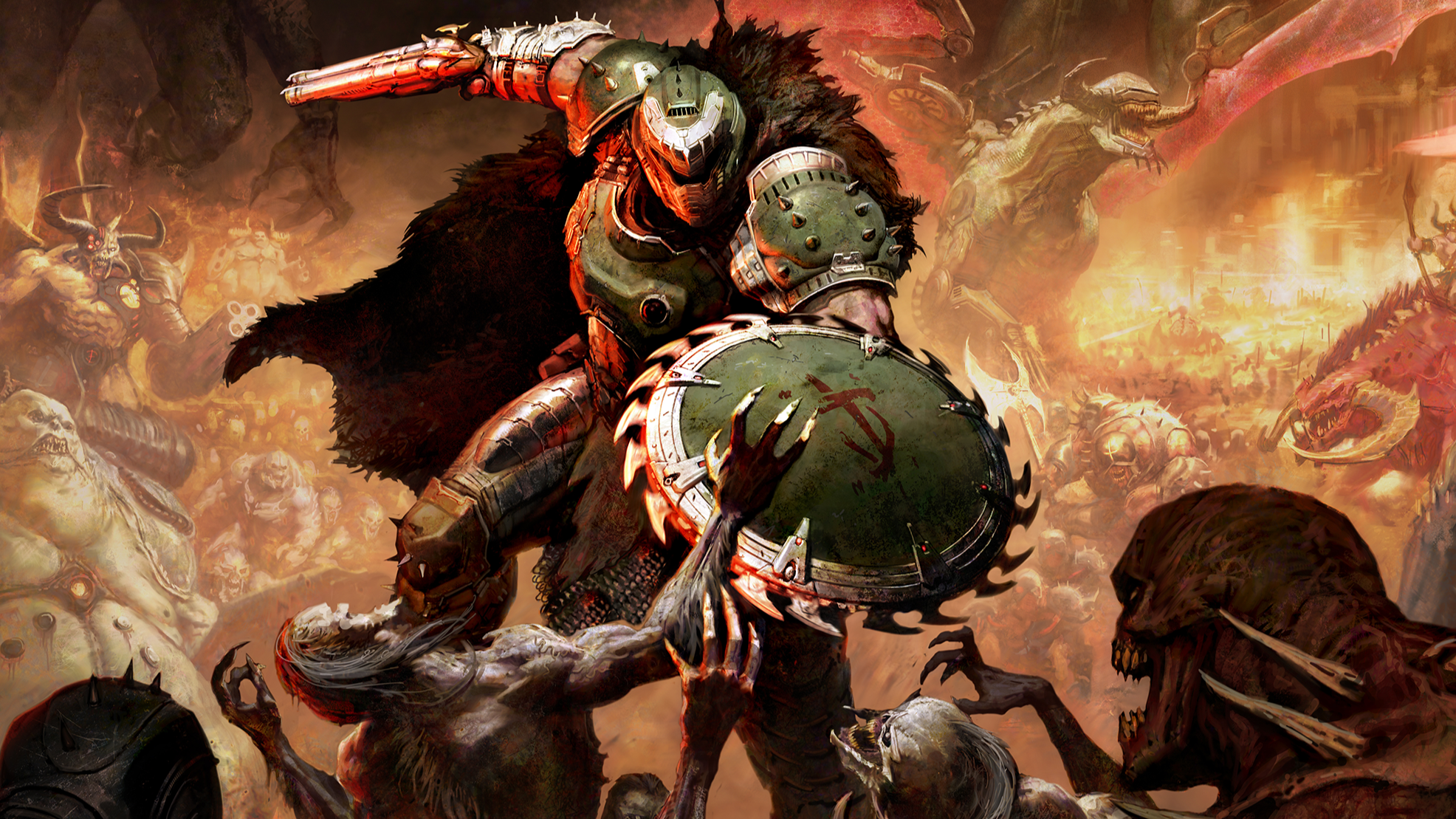
Agatha All Along Full Series Review
Warning: This review contains full spoilers for Agatha All Along Season 1.
It was quite the surprise when Agatha Harkness became the breakout sensation of 2021’s WandaVision. She’s never been more than a supporting character in Marvel Comics’ supernatural stories; she’s never headlined her own book. And yet Kathryn Hahn’s “nosy neighbor” so enchanted viewers that she earned her own spin-off series three years later. Could WandaVision creator Jac Schaeffer once again capture purple lighting in a bottle with Agatha All Along? While it doesn’t quite achieve similar highs, the nine-episode series does deliver more of the mind-bending mysteries and hang-on-to-every-word dialogue that made WandaVision such a fun time, all anchored by Hahn’s endlessly watchable wicked witch.
This is very much a sequel with plenty of connections to its predecessor, from the scene-stealing Sharon Davis (Debra Jo Rupp) to the traumatized Ralph Bohner, who redeems himself after that whole Quicksilver thing thanks to a humorously paranoid performance by Evan Peters. That said, Agatha All Along is very much its own thing. It picks up on a fittingly WandaVision-esque note, with Hahn’s character stuck in a brilliantly realized parody of the HBO crime drama Mare of Eastown. But then it charts a very different path – or should I say road? WandaVision may have been steeped in TV history, but this is Marvel at its most theatrical: Original songs, beautifully crafted practical sets, and a brilliant supporting turn from Broadway legend Patti LuPone. It’s overflowing with camp, which acts as a nice counterbalance to the sinister supernatural elements.
Ironically, Agatha is rescued by the magical offspring of the very person who cursed her, Joe Locke’s goth teenager Billy Maximoff (initially referred to simply as “Teen”). Together they assemble a coven of witches to walk the fabled, treacherous Witches’ Road, which promises power to those who complete its trials and reach the end. That encouraging premise gives way to a potentially tiresome formula as the witches face a new magical escape room episode after episode. But Agatha All Along keeps so many plates spinning in the air – each holding a tantalizing mystery about its curious cast of characters – that it never has the chance to get boring. The road’s obstacles are sincerely lethal: Those who lose their lives on this path stay dead. Even the series’ weaker midsection is buoyed by the steady drip of clever clues and delicious drama between the group’s clashing personalities.
The coven is made up of witches from different magical disciplines, each with their own reasons for walking the road with someone as flamboyantly deceitful as Agatha Harkness. While it’s admirable that each member is given their time in the spotlight, their stories end up being hit or miss. Alice Wu-Gulliver (Ali Ahn), for example, has precious little screen time, so it’s hard to feel invested when she experiences an emotional revelation at the end of her personal trial. Jennifer Kale’s (Sasheer Zamata) story is similarly sparse, although we spend a lot of time with her by virtue of the character surviving until the end. (Saturday Night Live alum Zamata doesn’t wear out her welcome; her humor and wit are always a blast.) The one true standout of the group is Lilia Calderu, played with heart and gumption by the incomparable LuPone; her thrilling time-jump episode, “Death’s Hand in Mine,” is by far Agatha All Along’s best.
And leading the charge down the road is Hahn’s Agatha. A truly nasty piece of work, she’s astonishingly selfish and remorselessly murderous. Betrayal is as natural to her as breathing, yet she has a surprising amount of charm. Watching her weave lies and manipulate the emotions of everyone in the coven makes for good TV. We learn she has a soft spot because of her dearly departed son, Nicholas Scratch, and that’s why she takes a liking to Billy – but, refreshingly, Schaeffer and company weren’t tempted to give her a redemption arc. She learns to act selflessly, but she winds up the same foul, unrepentant witch in the end.
That’s one of the reasons the finale doesn’t work so well. Among the list of unanswered questions it leaves, we never learn what makes Agatha tick. We get close, with a tender and illuminating flashback to when she was a mother, but her true motivation remains frustratingly unclear. This line between intriguing and infuriating is walked by many of Agatha All Along’s mysteries: The reveal that “Teen” is actually Billy Maximoff doesn’t land, nor does finding out that Agatha’s old flame Rio Vidal (Aubrey Plaza) is Death. In both instances, when the time comes to pull the curtain back, there’s no reason to truly care. Such misfires can eventually hit their targets, though: Billy’s underwhelming unmasking is smoothed over by a fantastic flashback episode detailing exactly how he managed to survive after the Hex was dispelled.
Poor Joe Locke did a whole press tour where he could only refer to his character as “Teen,” even though his true identity was obvious to even the most casual viewer of MCU movies and shows. Marvel loves its mysteries, and so we had to endure several episodes where a sigil kept Billy’s name a secret. The whole sigil plot line is pretty weak – especially the reason Lilia created it in the first place. It comes across as a justification for why Wanda can’t sense that Billy is alive in a new body in Doctor Strange in the Multiverse of Madness, but it just doesn’t work.
Billy as a character doesn’t come online until after his big coming out, so we only get to know him in the last few episodes. Even so, Locke does an amazing job portraying Billy’s tragic situation: a lost soul in search of his identity and his brother. He gets a short-and-sweet chance to don a full-on Wiccan costume in episode 8 – a great translation of his look from the comics. And the fallout of what Billy accidentally did with his power is appropriately heavy, giving him something in common with both his mother and his new ghost mentor.
While it’s fascinating to watch the sparks fly between Agatha and Rio (and witness the MCU’s first-ever lesbian smooch), their relationship feels a tad underbaked. One of them is the embodiment of death itself – that’s just something you need to explain in more detail! Whenever Rio os on the screen, it makes things far more interesting, which is why it’s a shame that she seems to come and go at random, oftentimes skipping entire episodes with no explanation as to why. She’s a strange presence on the show. Sometimes she’s an ally playing the drums during a musical challenge; other times threatening to do some damage while brandishing a twisted knife. Rio is compelling by nature, but seems to be begging for more substance.
It’s tempting to call her the show’s villain, especially because the Salem Seven end up being a total dud. But she’s far more complicated than that. It’s thanks to her presence that Agatha All Along is able to so intimately explore themes like the fragility of life and the inevitability of death. It’s one of Agatha All Along’s greatest strengths that it fearlessly dives headfirst into a sea of complex ideas and explores them with such a complex, flawed, and remarkable cast of women (and their emo twink). And it does so within an absolutely incredible supernatural setting with its own unique dangers and wonders; you truly never know what to expect around the next bend of the Witches’ Road. Yes, we later learn (in one of Marvel’s best-executed twists) that the road isn’t what we or Agatha believe it to be. But that doesn’t make the experiences the coven have along its path any less meaningful.







